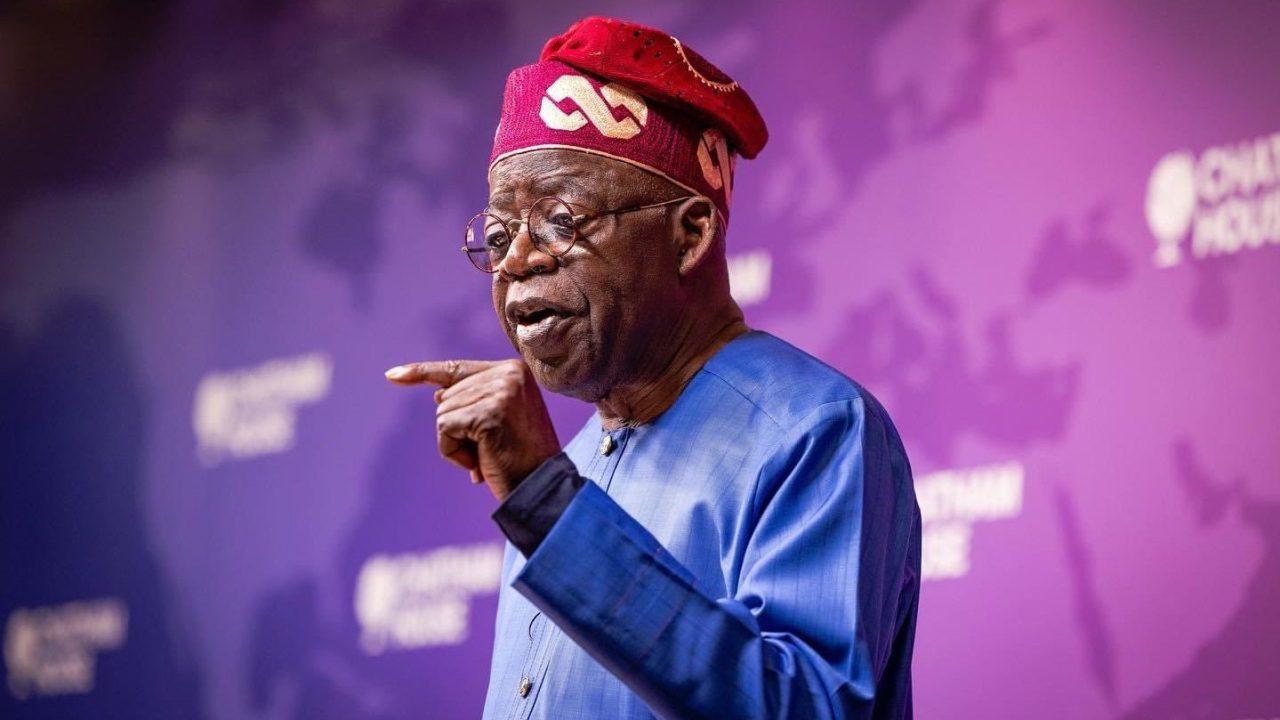President Bola Tinubu's Vision for Educational Transformation and Economic Resilience in Nigeria.
President Bola Tinubu's recent announcement of the impending Student Loan Scheme in January 2024 reflects a proactive approach to address educational challenges and minimize disruptions caused by academic staff strikes. With a focus on collaborative economic stabilization and an emphasis on a sustainable credit scheme, Tinubu's initiatives highlight a comprehensive strategy aimed at fostering growth and combating corruption within Nigeria.
President Bola Tinubu's Initiatives for Educational Stability and Economic Prosperity.


President Bola Tinubu recently announced the upcoming implementation of the Student Loan Scheme in January 2024, a pivotal initiative approved earlier on June 12, 2023. Addressing the audience at the 29th session of the annual Nigeria Economic Summit, Tinubu conveyed his commitment to eradicating the recurring issues associated with industrial actions by academic staff unions in tertiary institutions.
Stressing the need for educational stability, Tinubu emphasized the profound impact of the Student Loan Programme, foreseeing a transformative shift in the landscape of educational financing. His vision for a future devoid of disruptive strikes resonated with his declaration, "To the future of our children and students, we're saying no more strikes."
Amid discussions centered on economic stabilization, President Tinubu underlined the significance of collaboration among all stakeholders, with a particular emphasis on the active participation of the private sector. In his address, he underscored the urgency of initiating a sustainable credit scheme, highlighting its potential role in fortifying the anti-corruption campaign.
Emphasizing the necessity of consumer credit accessibility, Tinubu reiterated the importance of prompt implementation, recognizing the crucial role such initiatives play in combating corruption and fostering a conducive economic environment. Expressing gratitude to his team and colleagues for their contribution to the development of the program, he urged swift execution, emphasizing the critical need to eliminate financial obstacles hindering essential aspects of everyday life, such as car purchases and homeownership.
President Tinubu's recent commitment to resolving key issues within the educational and economic sectors was further underscored by his decision to grant a partial waiver of the "No Work, No Pay" Order imposed on members of the Academic Staff Union of Universities (ASUU). The order was implemented following the commencement of an eight-month strike by the union, beginning on February 14, 2022, and concluding on October 17, 2022. The partial waiver enabled previously striking ASUU members to receive four months' worth of withheld salaries out of the total eight months during the industrial action.
Tinubu's holistic approach, encompassing both educational and economic fronts, reflects a comprehensive strategy aimed at fostering sustainable growth and development within Nigeria. His focus on educational empowerment and economic stability signals a promising trajectory for the nation's future.



